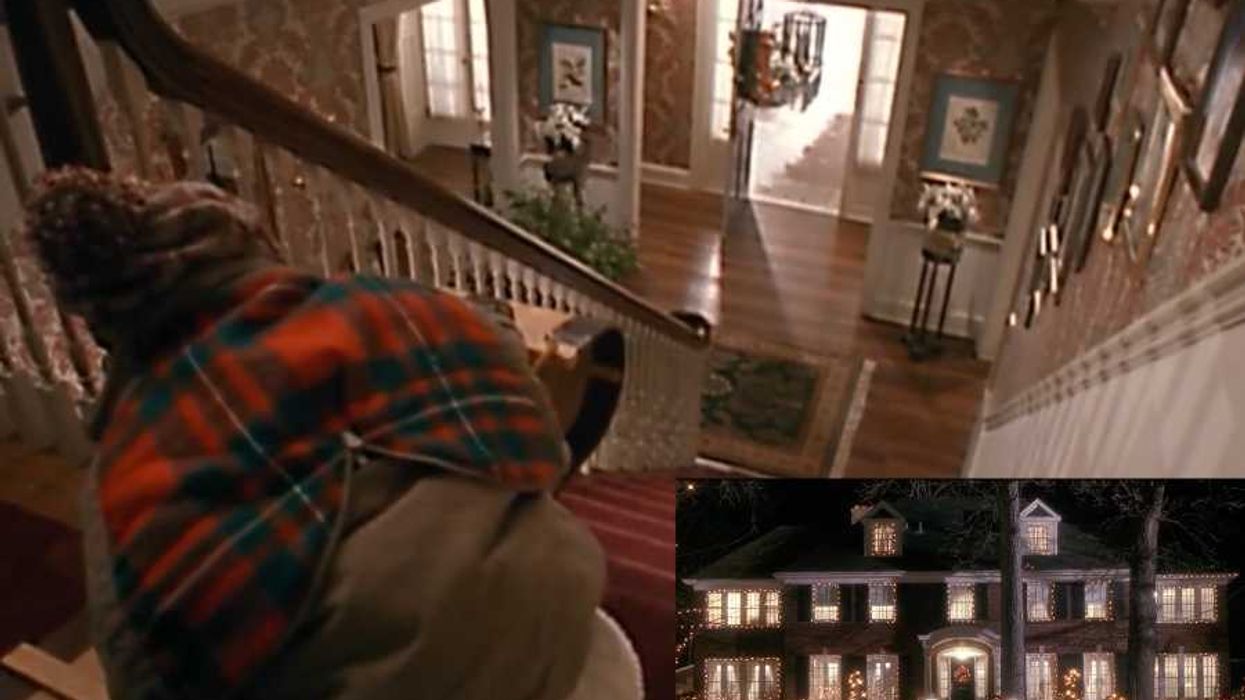In what might be one of the greatest pranks ever pulled off in the sporting world, two Australian men, Evan Shay and Morgan Ruig, managed to dupe the organizers of the North Korean Open and get admitted to the field of competitors.
It was the perfect crime. Except, once the tournament started, it became pretty clear that neither one of them really knew how to play golf.
Gaining admission to the field of golfers was almost comically easy for Shay, a builder, and Ruig, a banker. All they had to do was email, saying they were professional golfers. The North Korean officials, with internet access being what it is in their homeland, didn’t have the resources to validate their story, so they were just given the benefit of the doubt.
Though Shay “ didn't think we'd actually be accepted,” when asked if they were on the Australian national team, the men admitted to The Daily Mail they “didn’t say no.”
Doubling down on their prank in a country not especially known for its sense of humor, the duo had fake Australian blazers made. It’s hard to argue they didn’t look the part of seasoned golf veterans:
That said, they knew that their prank was fraught with risks. Said Ruig to The Courier-Mail, “We were very nervous handing our passports over at the border. There are stories of people not coming home.”
The brazen men didn’t let the fact that they were “barely casual” golfers dissuade them from competing. They did so with pride and…not a lot of success. After shanking a shot into the water, Shay was told by his North Korean caddy that he “brought great shame upon [their] families.”
Ouch.
Ruig and Shay finished second-to-last and third-to-last in the event. It’s understandable that you’d wonder who finished worse than two Australian pranksters competing as a goof. It was the Nepalese ambassador’s 15-year-old daughter. What a tournament.
Having clearly enjoyed themselves, the two have already made plans to do it all again next year, this time at the Somali Open in March.
I’m not sure that announcing their prank five months in advance is a sound strategy, but maybe the folks at the Somali Open would like the exposure.


















 The Emergency Department.Photo credit:
The Emergency Department.Photo credit:  Little girl with a splinter.Photo credit:
Little girl with a splinter.Photo credit:  Woman on phone after car accident.Photo credit:
Woman on phone after car accident.Photo credit: 

 A hotel clerk greets a guestCanva
A hotel clerk greets a guestCanva Gif of Faye Dunaway' as Joan Crawford demanding respect via
Gif of Faye Dunaway' as Joan Crawford demanding respect via  An empty rooftopCanva
An empty rooftopCanva
 A road near equatorial Atlantic OceanCanva
A road near equatorial Atlantic OceanCanva Waves crash against rocksCanva
Waves crash against rocksCanva

 Two people study a mapCanva
Two people study a mapCanva Foggy Chinese villageCanva
Foggy Chinese villageCanva